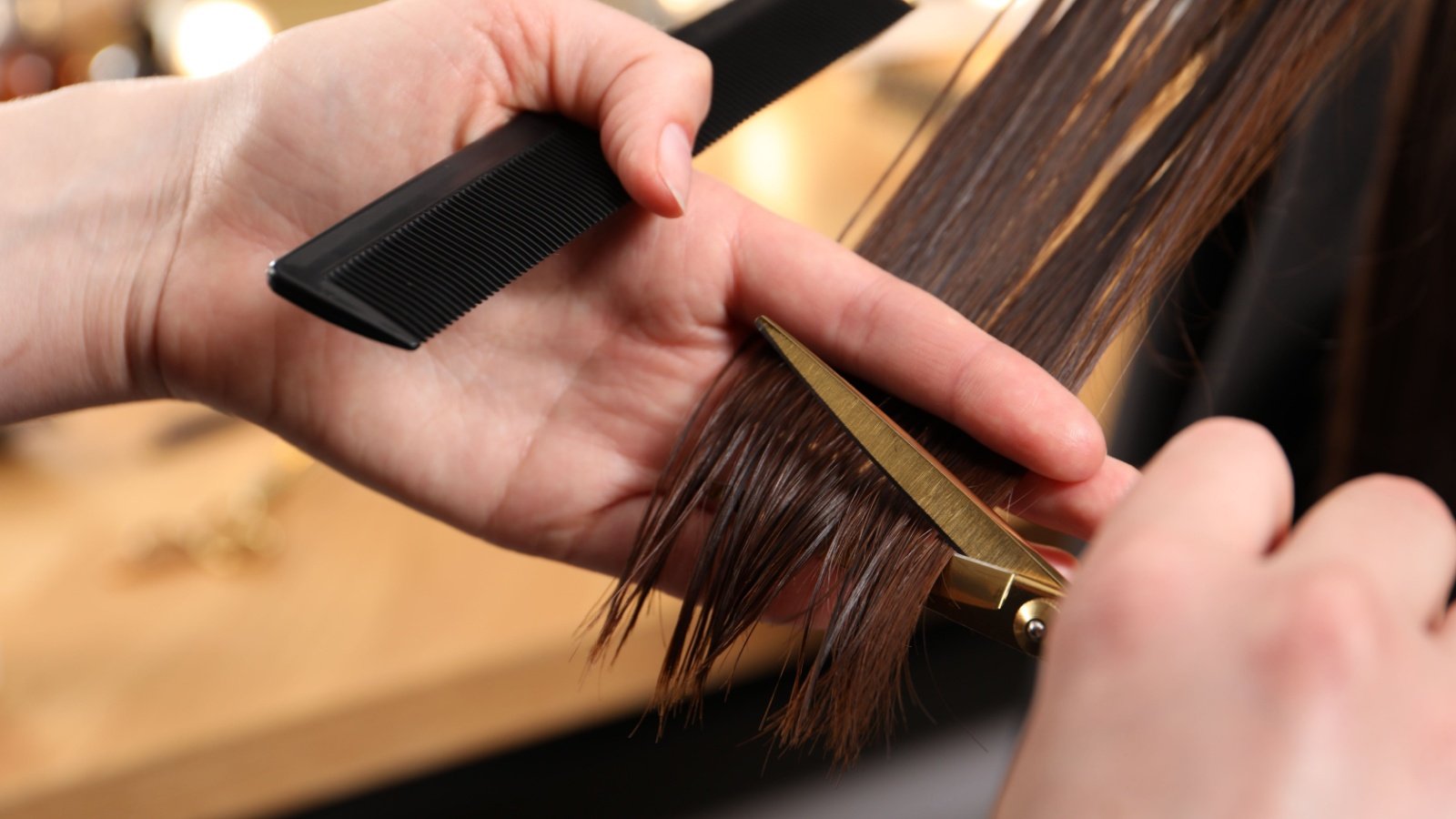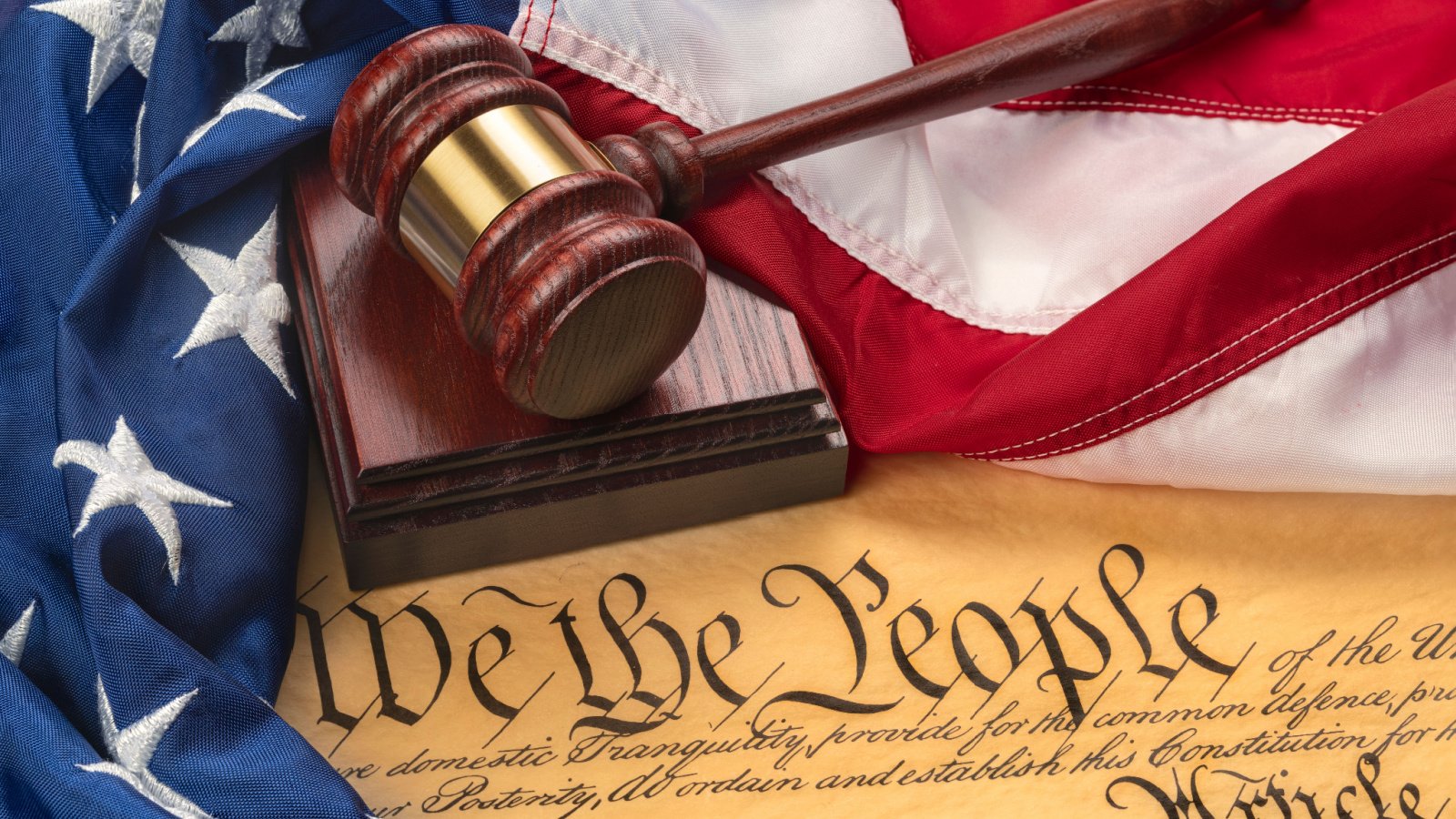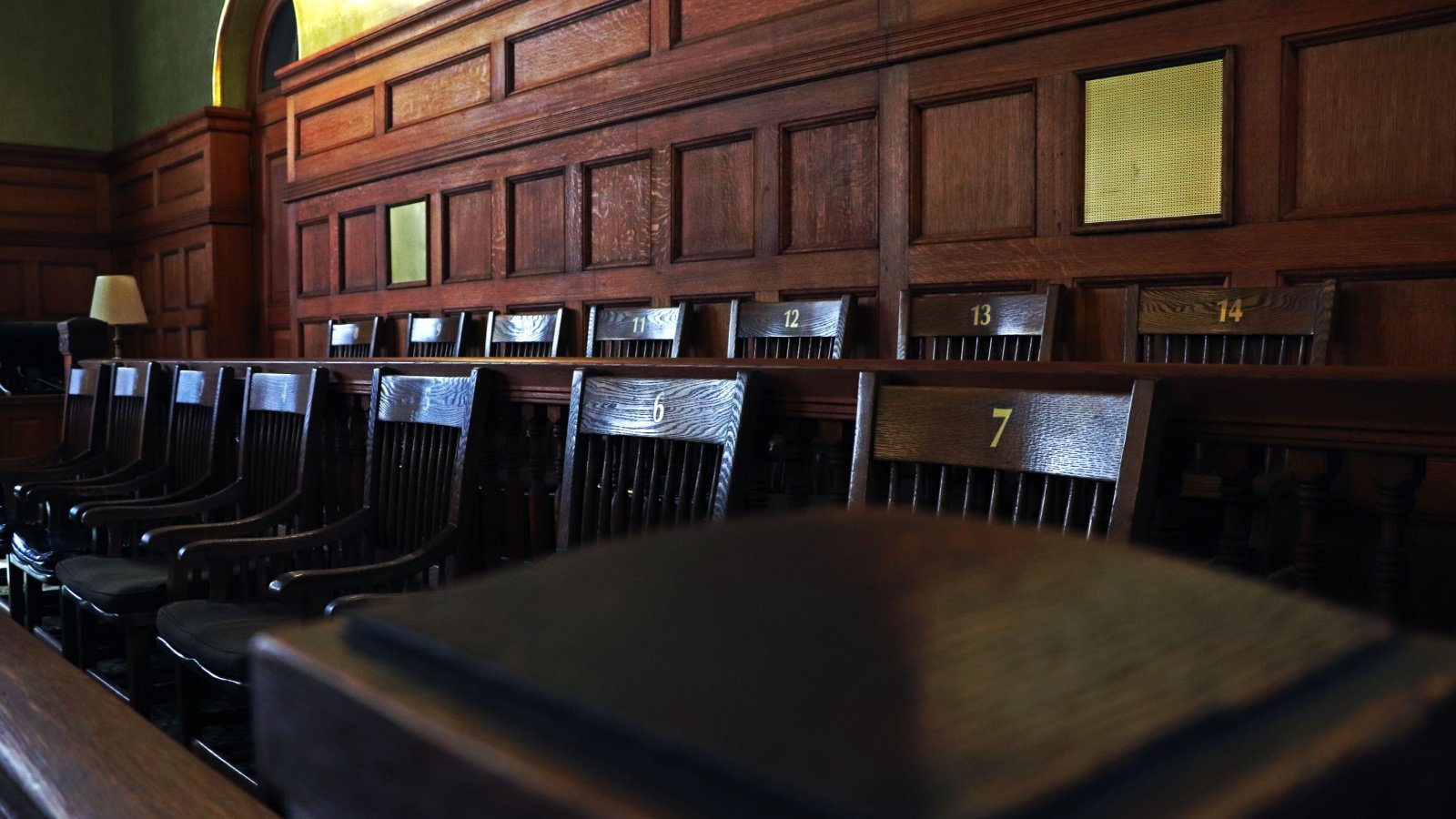A federal judge’s decision to dismiss most claims in a Black student’s lawsuit against Barbers Hill school district has reignited fierce debates over racial discrimination and student rights. The case centers on an 18-year-old student penalized for his locs, which is just one of many incidents of enforcement of grooming policies that many argue unfairly target Black students.
Judge Dismisses Most Claims in Student’s Discrimination Lawsuit

A federal judge has dismissed most claims in a lawsuit by a Black high school student alleging racial and gender discrimination over his hairstyle. This decision marks another win for the Barbers Hill school district near Houston.
School District Defends Grooming Policy

The district argues its hair length policy for male students promotes discipline and respect for authority. They believe this policy is essential for instilling proper grooming standards.
Judge Questions Policy’s Impact

U.S. District Judge Jeffrey Brown raised concerns about the school’s grooming rule, questioning its overall benefit. He noted that not all undesirable actions constitute legal or constitutional violations.
No Immediate Comments from Parties

Attempts to reach the school district and George’s attorney for comments were unsuccessful. Both parties did not respond to phone and email messages left on Tuesday.
Student Punished Over Hair Length

George, an 18-year-old student, faced in-school suspension and off-site disciplinary programs for much of the 2023-24 school year. The school cited his hair length as a violation of their dress code.
Dispute Over Hairstyle Policy

The district contends that George’s locs, if untied, would fall below the permitted length, thus violating the dress code. They claim other students with similar hairstyles comply with the rules.
Lawsuit Against Multiple Defendants

George and his mother sued the school district, its officials, and state leaders including the Texas Governor and Attorney General. They allege racial discrimination and violations of the CROWN Act.
CROWN Act and Hair Discrimination

The lawsuit claims the punishment violates the CROWN Act, a new law against race-based hair discrimination. Effective since September, the Act prevents penalizing individuals for their natural hair textures or protective styles.
Judge Finds Insufficient Evidence of Racial Bias

The lawsuit claimed the school district’s policy targeted Black students, but Judge Brown disagreed. He ruled that George failed to demonstrate a widespread, race-based enforcement of the policy.
First Amendment Argument Rejected

George’s lawsuit argued his First Amendment rights were violated by the hair policy. Judge Brown noted that there was no case law supporting hair length as protected expressive conduct.
Due Process Claims Dismissed

Judge Brown dismissed claims that George’s 14th Amendment rights were violated. He also removed Abbott, Paxton, and various school officials from the case.
Sex Discrimination Claim Allowed

The only claim that survived was sex discrimination due to the unclear reasoning behind gender-specific hair length rules. The lack of justification for allowing girls but not boys to have long hair kept this claim active.
Previous State Ruling and Historical Context

Brown’s order follows a February ruling that the school’s policy did not violate the CROWN Act. He also referenced a 1970 case where a similar policy in El Paso was initially ruled against but later overturned.
Ongoing Legal Battles

The Barbers Hill hair policy has faced other legal challenges, including a 2020 lawsuit by two students. One student returned to school after a temporary injunction, but that case remains unresolved.






